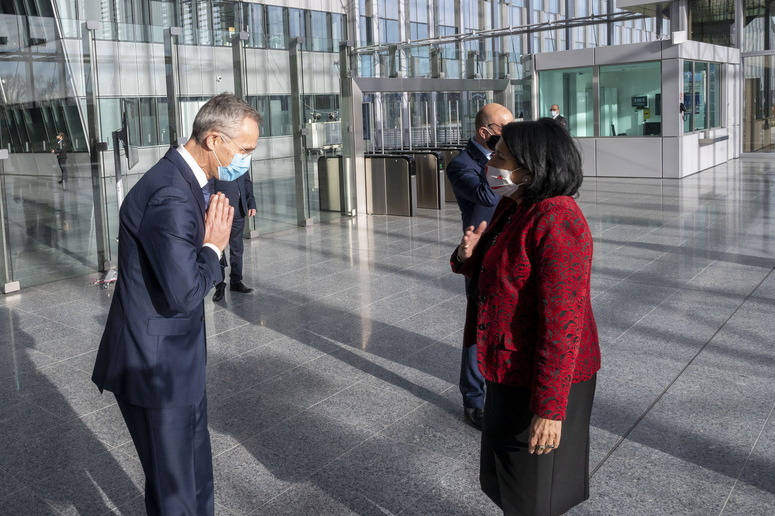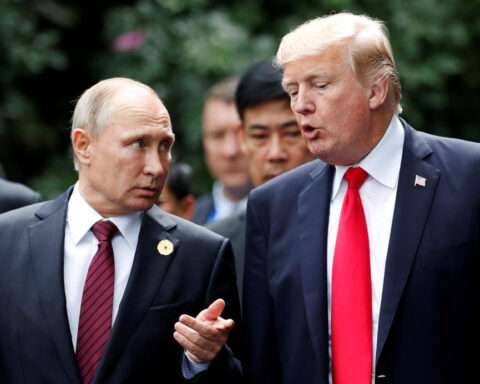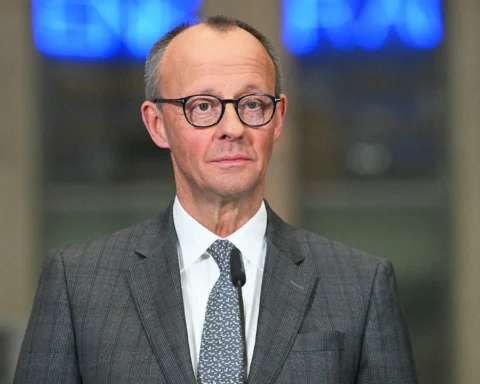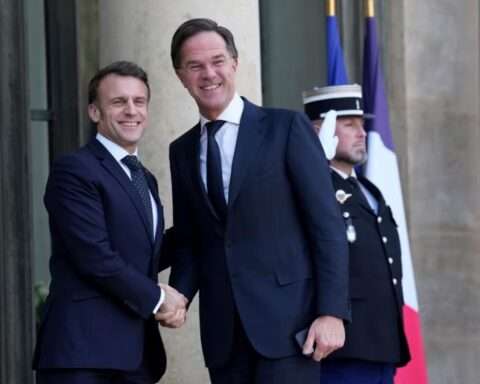He expressed hope that this bond is further strengthened and encouraged Georgia to continue making progress with its reforms.
The Secretary General thanked Georgia for being one of the largest troop contributors to NATO’s training mission in Afghanistan. “We appreciate the professionalism of Georgian men and women in uniform, and we honour the sacrifices you have made,” he said.
Mr. Stoltenberg said that despite the challenges of the COVID-19 pandemic, NATO and Georgia continue to strengthen their partnership. Last year, a Substantial NATO-Georgia Package was upgraded to help Georgia to implement reforms, enhance its ability to operate with Allies and continue to contribute to shared security. At today’s meeting of the NATO-Georgia Commission, further possibilities for cooperating were assessed. The Secretary General encouraged Georgia to continue making progress on the reforms as this would also bring the country closer to NATO membership.
The Secretary General and the President also addressed the security situation in the Black Sea region and Russia’s continued military build-up. The Secretary General emphasised that NATO continues to support Georgia’s territorial integrity and sovereignty. “We continue to call on Russia to end its recognition of the regions of Abkhazia and South Ossetia and to withdraw its forces,” he said.
On the New START Treaty, the Secretary General said he supported President Biden’s intention to seek the extension of the New START Treaty that would otherwise expire on the 5th of February. “We should not end up in a situation where we have no agreement, no limitation whatsoever on the number of nuclear warheads,” he said. “NATO has been on the forefront of arms control for decades and we have seen the demise of some other treaties, including the INF Treaty. We should avoid and prevent the demise of the New START Treaty. Having said that, an extension of the New START Treaty is not the end. It should be at the beginning of renewed efforts to strengthen international arms control to look into how we can cover more weapons systems, and also include more nations, for instance, China.”






